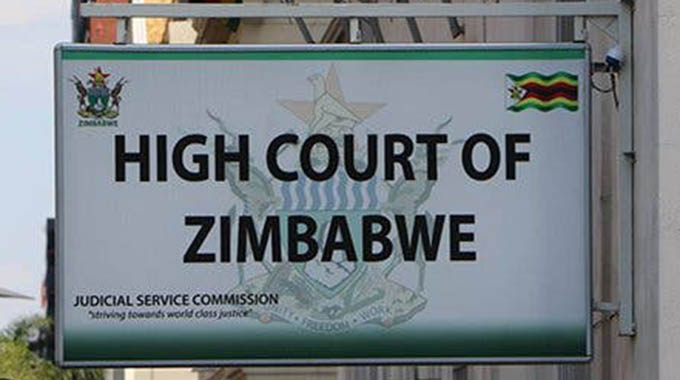Telecom companies get the nod to increase voice, data and SMS tariffs

Business Reporter
The Postal and Telecommunication Regulatory Authority of Zimbabwe (Potraz), has granted telecom operators the green light to increase out-of-bundle tariffs by an average of 30 percent as the industry continues to battle rising input costs.
State-owned mobile network operator, NetOne, was the first to adjust its charges yesterday while Econet Wireless Zimbabwe and TelOne have indicated they will adjust their headline tariffs on Wednesday.
Zimbabwe’s telcos have been marginally adjusting prices for promotional bundles, but headline tariffs had not been reviewed since September 2020, despite a general rise in prices of goods and services over the past 12 months.
Information Communication and Technology (ICT) Minister Jenfan Muswere, recently told Parliament that the telecommunications sector was struggling to secure foreign currency from the Reserve Bank of Zimbabwe (RBZ) auction system, needed for infrastructure investment, capital expenditure and the servicing of rising external debt, said to be now over US$1 billion across the industry.
“The foreign currency requirements of these companies is so huge that it cannot fully be obtained through the auction system,” the minister said.
According to the latest price schedule, NetOne’s 10 gigabyte (GB) will now cost $2 500, up from $2 000, while 25GB of data has been pegged at $4 250, up from $3 500. A 50GB data package now costs $6 250, up from $5 000.
At the same time, TelOne’s new voice tariffs for landline-to-landline calls have been reviewed upwards to$6,34 per minute for local calls, while landline-to-mobile tariffs are now going for $7,38 per minute.
The State-owned fixed network provider’s 10 GB residential broadband bundle has risen from $1 082 to $1 499, and a 20 GB bundle now costs $2 698, up from $1 948.
Zimbabwe’s largest mobile network operator, Econet Wireless, also adjusted its voice bundles from $0,1070 per second to $0,1668, and SMS has been reviewed to $2,05 from $1,64. The company’s data bundles have been increased to $1,58 per megabyte (MB), up from the previous figure of $1,26 per MB.
Potraz director-general Dr Gift Machengete, recently said the country’s telecommunications operators needed heavy capital investments in order to remain relevant, especially at a time demand for ICTs has surged due to the Covid-19 pandemic.
“The necessity for greater investment in digital technologies, skills, resilience and innovation can never be overemphasised,” he said.
Dr Machengete further indicated that foreign currency shortages were having a significant impact on the sector, and urged the government to find ways of helping the telcos.
“The shift to the auction-based foreign currency market system seemingly eased inflationary pressures, but did not eliminate them completely as prices for goods and services, including fuel and energy, continued to be adjusted in line with the dynamics of the new exchange rate regime,” he said in the latest industry report.
“Notwithstanding the above, foreign currency shortages continued to bedevil the economy at large, with implications on network expansion, upgrade and maintenance, taking a toll on the quality of service as demand for data surged for operators.
Foreign currency constraints also affected universal service projects targeted for rural and underserved areas,” Dr Machengete added.







Comments